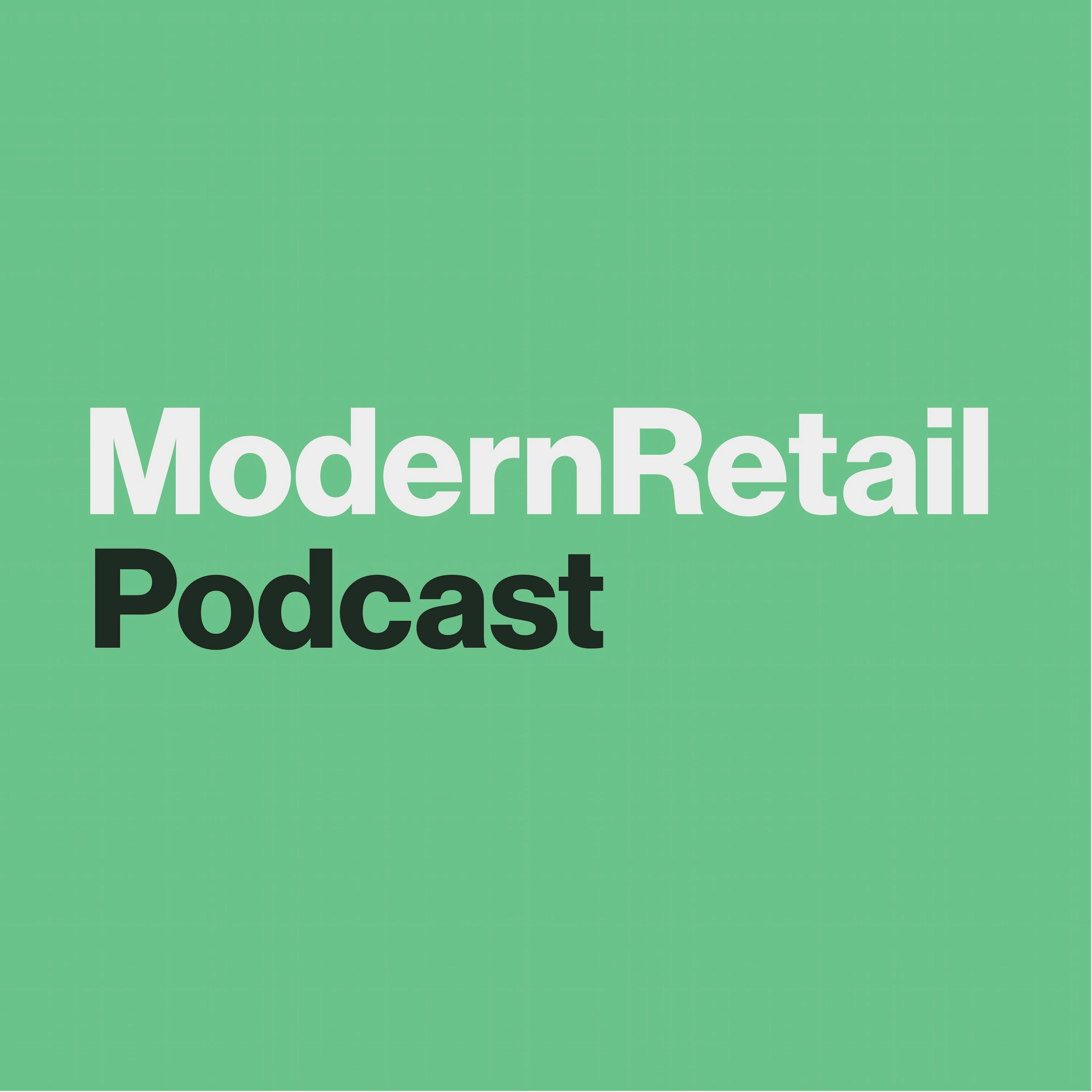We can't find the internet
Attempting to reconnect
Something went wrong!
Attempting to reconnect
Madhappy CEO Peiman Raf on thoughtfully growing the LA-centric apparel brand

Access AI content by logging in
Apparel brand Madhappy has built a culture brand around happiness.
It launched in 2017 with a small assortment of hoodies and hats. Madhappy's style was meant to reflect the city it was born in: Los Angeles. "It was like a couple of products, very locally focused, in LA," said co-founder and CEO Peiman Raf. "At a time where everyone was like retail's dead, we'll never open up retail stores, we did a pop-up two weeks after we launched and really grew the brand in much more of a grassroots way."
Raf joined this week's Modern Retail Podcast and spoke about Madhappy's slow and steady growth, its approach to partnerships as well as its newly opened store.
Over the years, Madhappy has grown its assortment to include more apparel products like pants and shirts. It also has inked many partnerships, including a recent one with Uggs. The brand has launched over 20 pop-ups over the years, much of that thanks to a $1.8 million investment it received from LVMH in 2019.
It also helped that early on, Madhappy had some high-profile brand reps. "We were super lucky that people wanted to represent the brand, both in terms of in our community, as well as like celebrities [like] LeBron James or Jay Z, you know, people that we grew up idolizing," Raf said. "And I think we've been lucky to continue to see that support as we've continued to grow."
Despite all the partnerships and pop-ups, Raf said a big learning for the brand has been to stay focused. "Not overextending is something [that's] super important and something that we're continuing to work on," he said.
Now, much of the focus is on the new 2,800-square-foot permanent location in LA. According to Raf, having physical stores around the world has helped grow the brand equity -- but Madhappy is also trying to make sure that the spaces aren't a money pit.
"So we've always taken a much more sort of long view, conservative view, and do things that not only build the brand but also generate enough revenue to make sense financially," he said.
